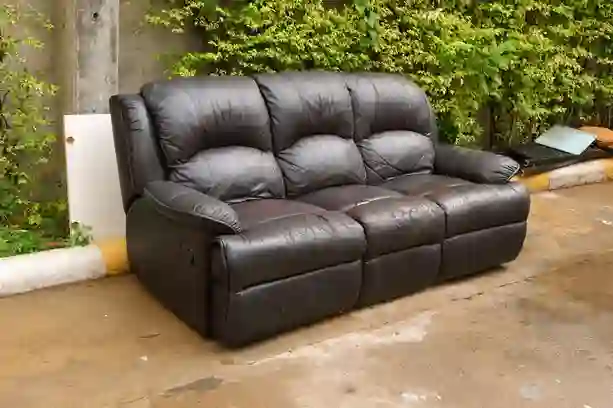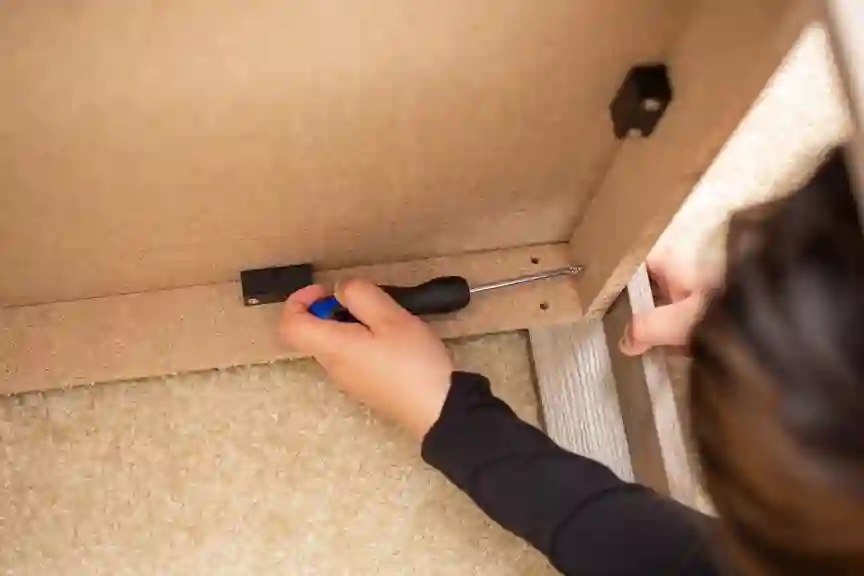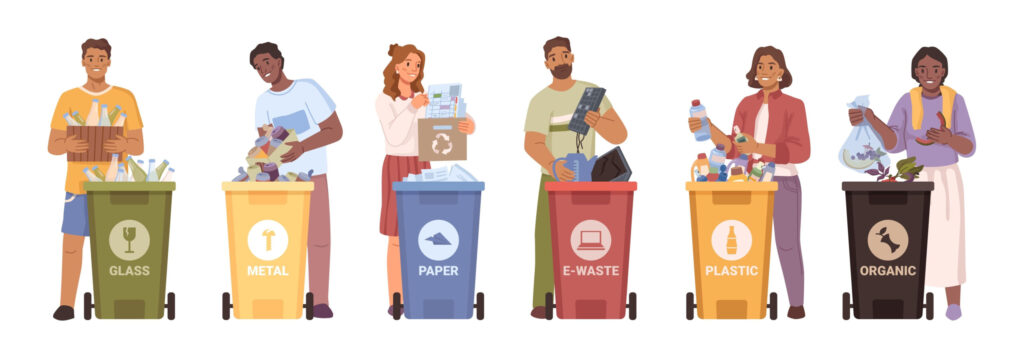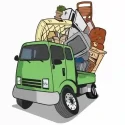How do i Get Rid of a couch in Seattle, Wa?

To get rid of a couch can be a hassle, but fortunately, there are many options available to you in Portland. In this guide, we’ll cover various methods for disposing of a couch, including recycling, donation, and regular trash disposal.
Get rid of a couch by Recycling Options:
Recycling is an eco-friendly option to get rid of a couch. There are several recycling facilities in Seattle that accept furniture, including couches. Here are some addresses for recycling facilities in Seattle:
Seattle Public Utilities North Transfer Station: This facility accepts bulky items such as couches, mattresses, and other furniture for disposal and recycling. The address is 1350 N 34th St, Seattle, WA 98103.
Waste Management Seattle: This facility provides recycling and disposal services for a variety of items, including couches and other bulky items. They offer pick-up services for residential and commercial customers. The address is 1000 S Myrtle St, Seattle, WA 98108.
CleanScapes: This facility offers a range of waste disposal and recycling services, including the pickup and disposal of large items such as couches. They serve both residential and commercial customers. The address is 970 Denny Way, Seattle, WA 98109.
Get rid of a couch by Donation options:
Donating your couch to a charity or nonprofit organization is an excellent option if your couch is still in good condition. Many organizations in Seattle accept furniture donations, including couches. Here are some examples of donation centers in Seattle:
Seattle Goodwill: Seattle Goodwill accepts gently used furniture donations, including couches, at their donation centers. They have multiple locations throughout the Seattle area, so you can find the one nearest to you and drop off your couch there.
The Salvation Army: The Salvation Army in Seattle also accepts furniture donations, including couches. You can schedule a free pickup of your couch by calling their donation hotline or filling out an online form on their website.
Habitat for Humanity Seattle-King County: Habitat for Humanity operates a home improvement store called Habitat for Humanity ReStore in Seattle. They accept furniture donations, including couches, in good condition. You can drop off your couch at their store or schedule a pickup by calling their donation hotline.
In conclusion, there are several options available to you for disposing of your couch in Seattle. Recycling and donation are eco-friendly options, while pick-up services are convenient if you are unable to transport your couch yourself. Disassembling your couch and disposing of it in your regular trash is a last resort, but it is an option if your couch is in poor condition. Whatever option you choose, be sure to dispose of your couch responsibly.
get rid of a couch Couch Pickup Services
Having a pickup service such as Junk Removal Seattle come and get rid of a couch means that a professional team from the company would come to your location, pick up the couch you want to recycle, and transport it to a recycling facility for processing.
The process typically involves disassembling the couch into its individual components, such as the metal frame, wooden parts, and upholstery. These materials are then sorted, and each is sent to a specialized recycling facility for processing. For instance, the metal frame may be melted down and reused in new products, while the wooden parts may be chipped and used for mulch or fuel. The upholstery may also be recycled into new materials such as carpet padding.
By using a pickup service like Junk Removal Seattle, you can be sure to get rid of a couch in an environmentally friendly and sustainable way, rather than simply ending up in a landfill where it would take up space for many years. Additionally, using a professional pickup service can save you the time and effort of transporting the couch yourself and ensure that it is disposed of properly.
Regular trash disposal-You will save money!
If your couch is in poor condition and cannot be donated or recycled, you can disassemble it and get rid of a couch in your regular trash. To do this, remove any cushions, fabric, and stuffing and dispose of these materials separately. You can then disassemble the frame and dispose of it in your regular trash. Keep in mind that some parts of the frame may be too large to fit in your trash can, so you may need to make multiple trips to the dump or arrange for a special pick-up for a fee.
DIY Couch Disposal is an option

Step By Step Instructions For Disassembly
Disassembling to get rid of a couch for disposal can be a challenging task, but it can save you time and money in the long run. Before you start, you’ll need to make sure you have the right tools, protective gear, and a clear workspace. Here’s a step-by-step guide on how to disassemble a couch for disposal.
Step 1: Clear the Area
Start by clearing the area around the couch, removing any small items like pillows, cushions, or decorations. You should also clear a path from the couch to the nearest exit to ensure you have enough room to maneuver the disassembled pieces.
Step 2: Gather the Right Tools
Next, gather the right tools for the job. You’ll need a screwdriver, pliers, and a box cutter or utility knife. Depending on the type of couch you have, you may also need a hammer, pry bar, or power drill.
Step 3: Protect Yourself
Before you begin, it’s important to protect yourself. Wear gloves to protect your hands, safety glasses to protect your eyes, and a mask to protect your lungs from any dust or debris.
Step 4: Remove the Legs
If your couch has removable legs, start by unscrewing them with a screwdriver. Be sure to keep the screws in a safe place so you can reattach them later if needed.
Step 5: Remove the Cushions
If your couch has removable cushions, remove them and set them aside. This will make it easier to access the frame and other parts of the couch.
Step 6: Remove the Back and Arms
If you have a sectional couch, start by separating the sections. Then, use a screwdriver to remove the screws holding the back and arms in place. Depending on the type of couch you have, you may need to use a pry bar or power drill to remove any stubborn screws.
Step 7: Cut the Upholstery
Once the back and arms are removed, you can start cutting the upholstery. Use a box cutter or utility knife to carefully cut away the fabric and foam padding. Be sure to cut along the seams to minimize damage to the upholstery and to keep the pieces as large as possible.
Step 8: Remove the Frame
After cutting away the upholstery, you should be able to see the frame of the couch. Use pliers or a power drill to remove any remaining screws or nails holding the frame together. Once the frame is disassembled, you can start removing the individual pieces.
Step 9: Dispose of the Pieces
Once the couch is completely disassembled, you can dispose of the pieces. Depending on where you live, you may need to take the pieces to a landfill, recycling center, or other disposal site. If the pieces are still in good condition, you may be able to donate them to a local charity or sell them online.
In conclusion, to get rid of a couch in Seattle, Wa can be a hassle, but there are various options available to make the process more manageable. Whether you choose to donate the couch to a local charity, sell it online or through a consignment shop, or simply dispose of it properly, it’s essential to follow the guidelines set by the city of Seattle to avoid any fines or penalties. By taking the time to research and plan to get rid of a couch carefully, you can ensure a stress-free and eco-friendly solution that benefits both you and your community.

